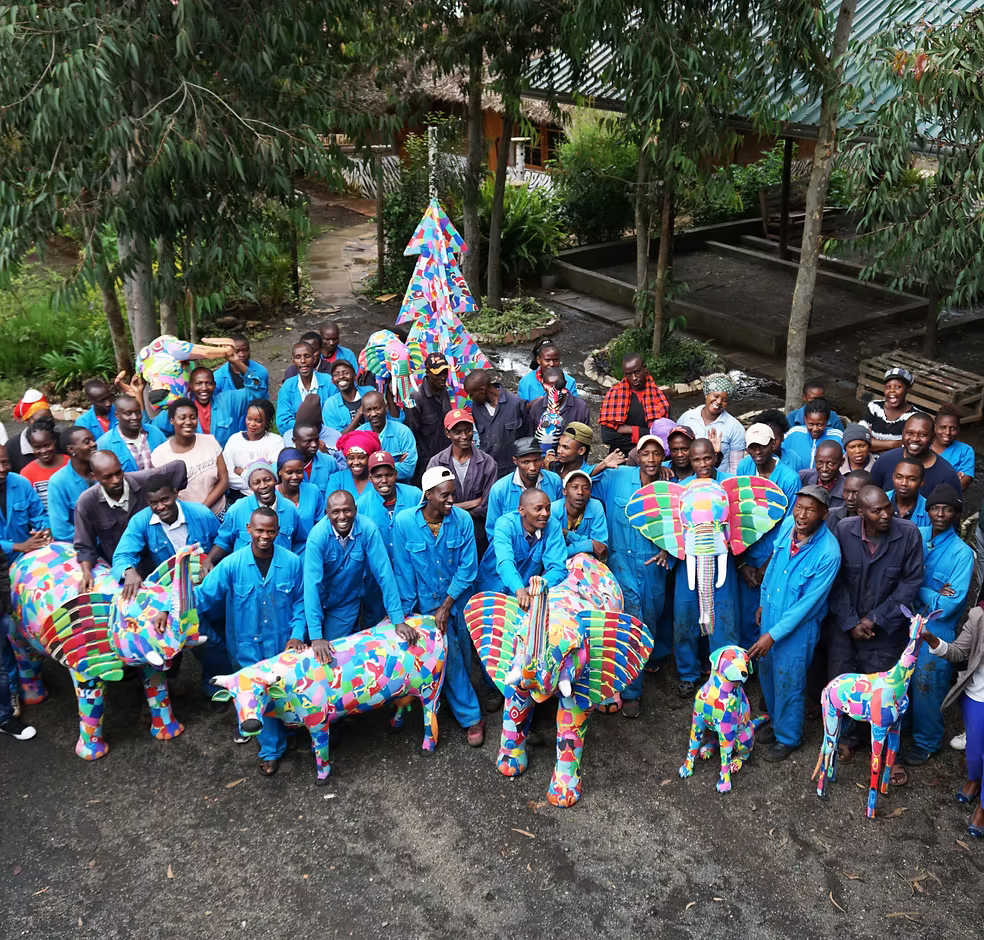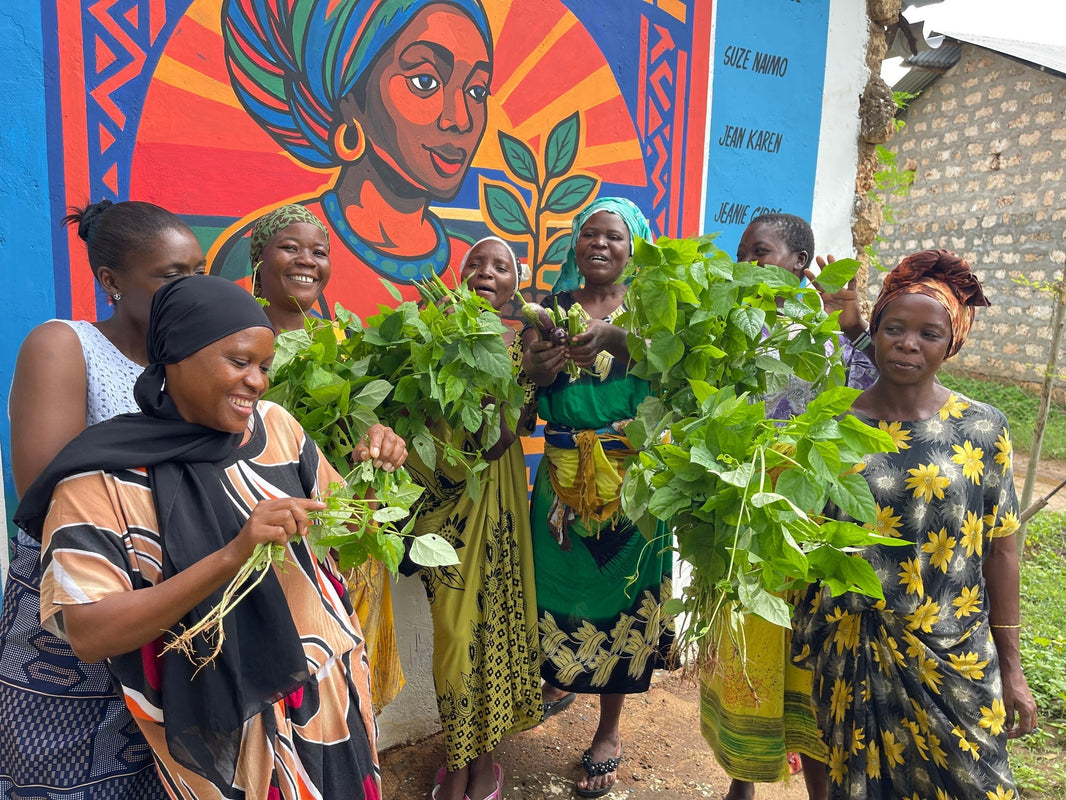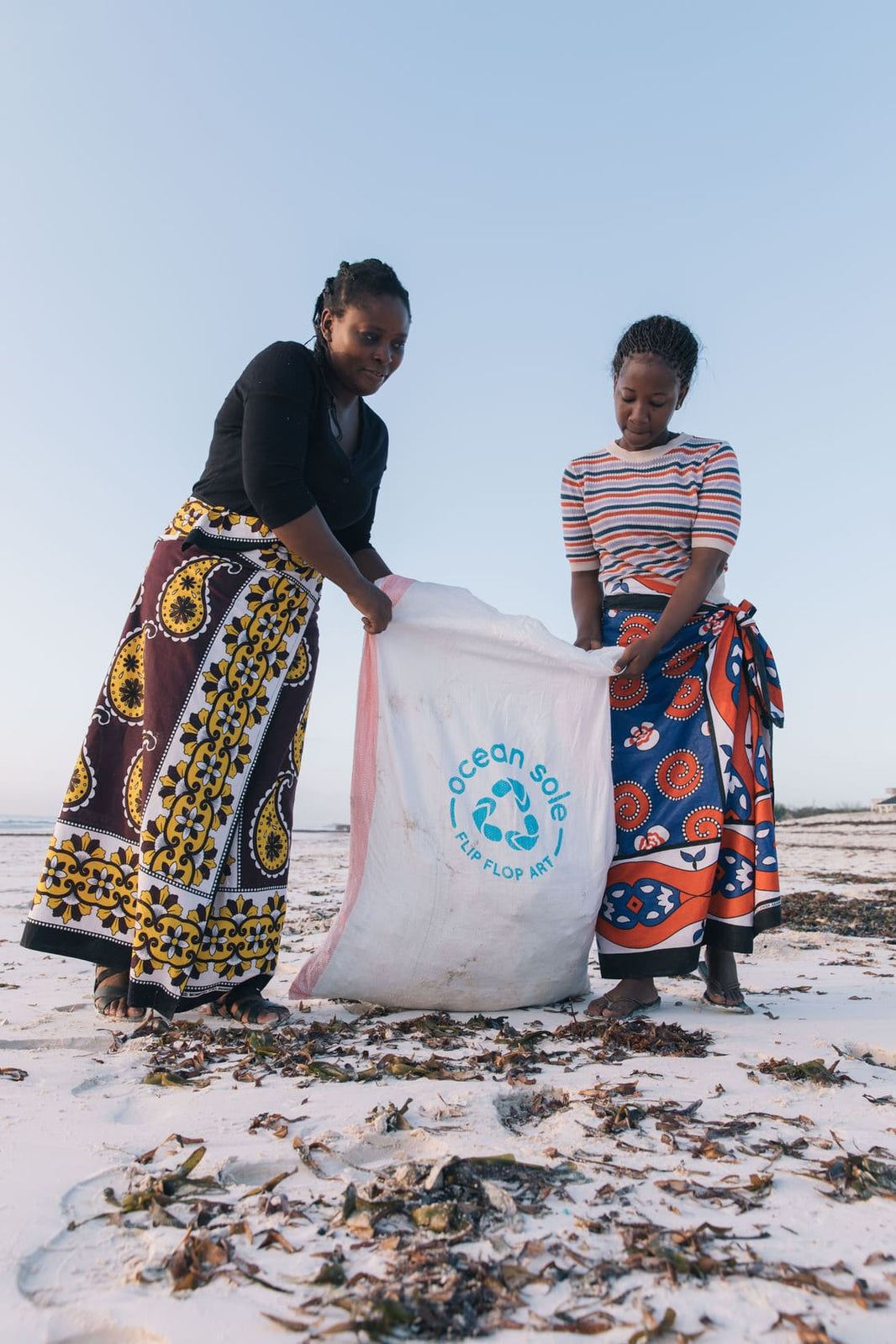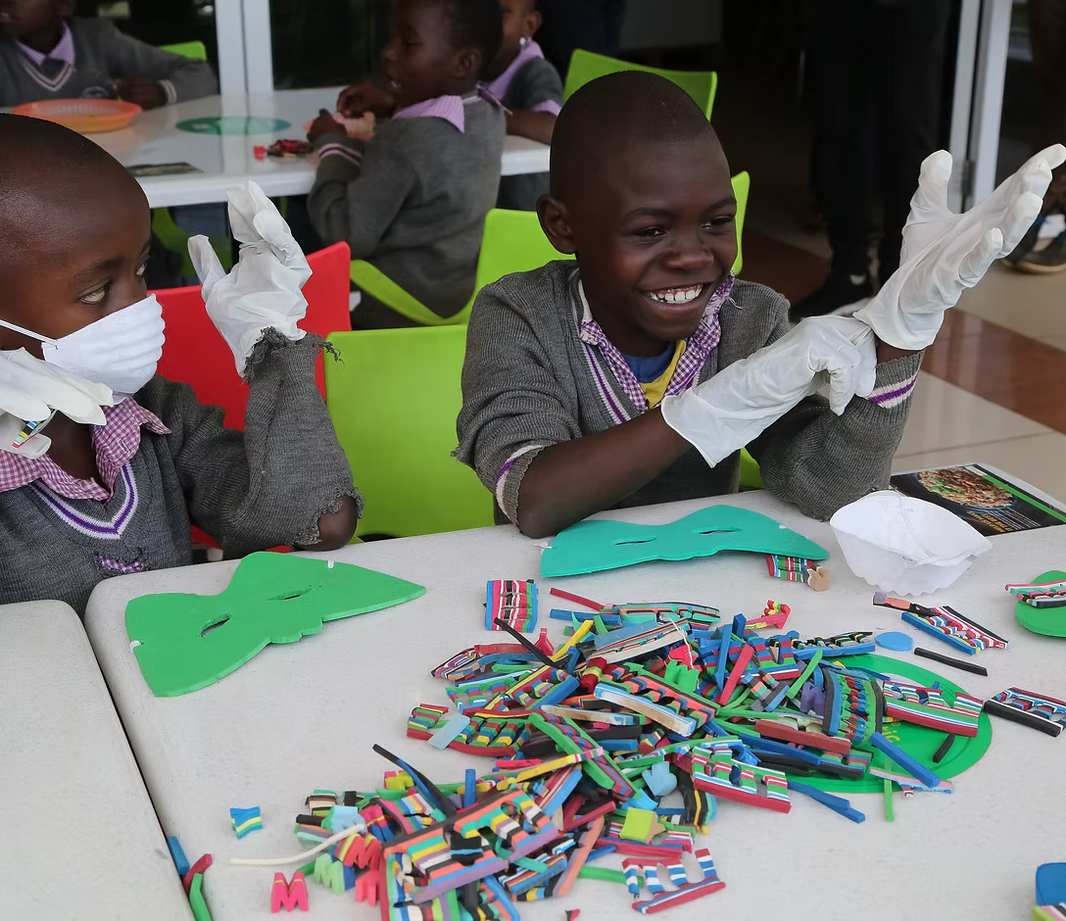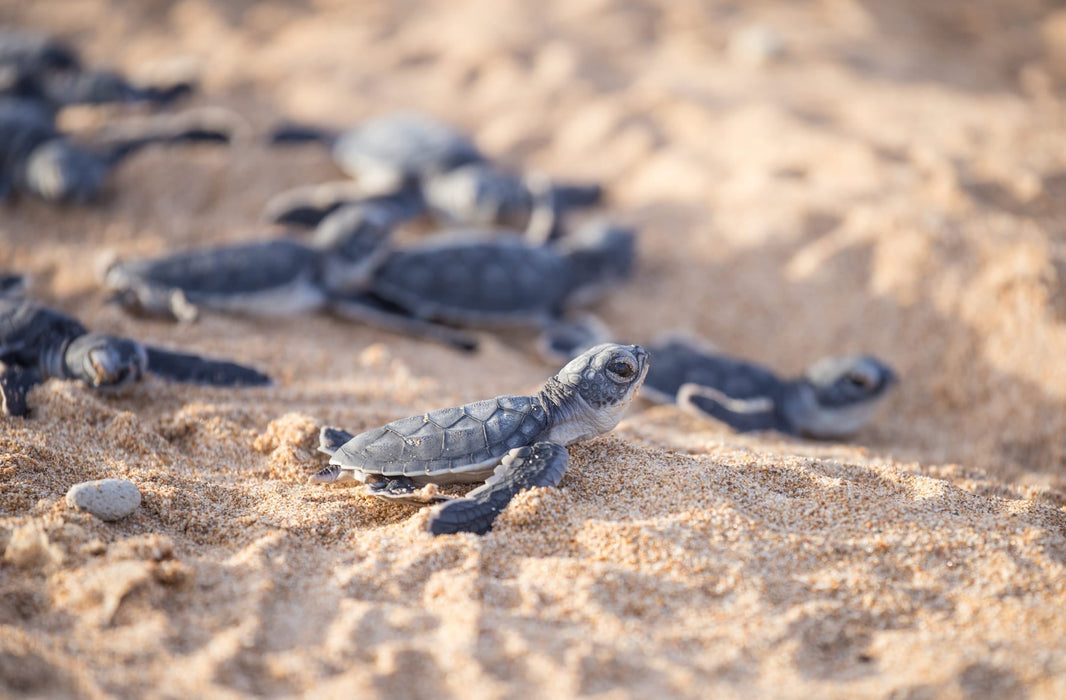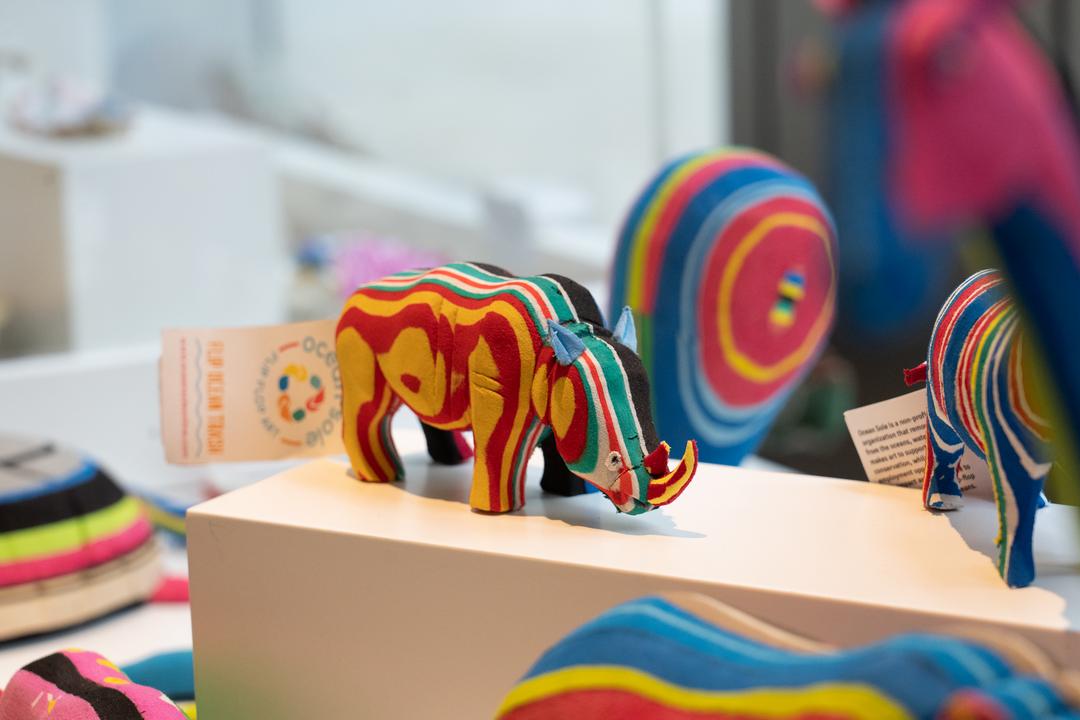LOVE makes the world go round..
February 14th is World Bonobo Day! As you might have noticed, this coincides with Valentine's Day! Bonobos are often known as the ‘make love, not war’ apes, so St. Valentine’s Day, February 14th, is the perfect date for World Bonobo Day.
Bonobos share 98.7% of their genetic makeup with humans, making them our closest relatives.
Former Kenyan President Uhuru Kenyatta, and then political opposition leader and chief rival Raila Odinga, decided to “handshake” and forge the country forward amidst political tension resulting in peace. The bonobos also have their own “handshake”, which they use to settle arguments before a fight breaks to maintain stability.
Unlike their more irrepressible cousins, the chimpanzee, bonobos are biologically conditioned to seek a peaceful solution.
Peace isn’t the only thing they are known for; let’s look at some interesting facts that make Bonobos adorable!
They are playful apes, like humans; they love to laugh or smile.
Relationships of any kind. When they move around, they will wait for the rest of the group to catch up; they understand when other bonobos are distressed and will be there to console them. Additionally, they enjoy hanging out at night and sleeping in large groups.
Female bonobos lead the group; if she has a son, he’ll be considered the alpha male. With mum around, the daughters of the high-ranking females are more likely to mate with their sons. This female leadership, where bonobo friendships, family, and solid female bonds counter the enormous strength of the males, makes the bonobo a peace-loving species.
Despite all the love-making, bonobos only have babies every four years after their child becomes more independent. The low birth rate means each new baby is extra-precious.
Bonobos are found deep in the rain forest of the Democratic Republic of Congo. For decades, the Democratic Republic of the Congo has been the scene of one of the world’s longest-running conflicts because of the mineral found in this region. Illegal activities in this region have continued to go unchecked.
The following are some threats facing the bonobos:
- Locals depend on wildlife for proteins, even if they are endangered species. They contribute directly to their dwindling populations when they hunt the bonobos for their flesh.
- Poachers also target them because of their large size.
- Civil unrest has also contributed to the destruction and degradation of the bonobo habitat.
- Logging, which leads to the cutting down of trees, has also contributed to the habitat loss of the bonobo.
- Industrial extraction could also become a significant risk to the species' future, as 99.2 per cent of their range and habitat are suitable for palm oil.
- Females give birth to a single infant every five to six years and tend to nurse and carry their babies for five years. As a result, population growth must happen faster to counter high levels of poaching, habitat loss, and human encroachment.
Bonobos live in the heart of the Congo, and the African Wildlife Foundation has set up a conservation plan to help stop the destruction of these gentle animals and their habitat. They created The Lomako Conservation Science Center in the heart of their habitat. This center supports wildlife surveys, training of Congolese researchers, and developing wildlife conservation plans.
Individually or as a corporation, you can help the bonobos by:
- Spreading the word on your social media pages. They are the least-known apes, and we can use this opportunity to change this narrative.
- Donating to Bonobo Conservation Initiative: and any other organisation involved in bonobo conservation.
- Volunteering in these organisations. Most of these organisations have been able to do great work with the help of dedicated volunteers.
- Support legislation aimed at the conservation of bonobos.
As we celebrate love in all its forms, the best way to appreciate and show love to the bonobos is by bringing help to them. Remember to share information online and help spread the word this #WorldBonoboDay



